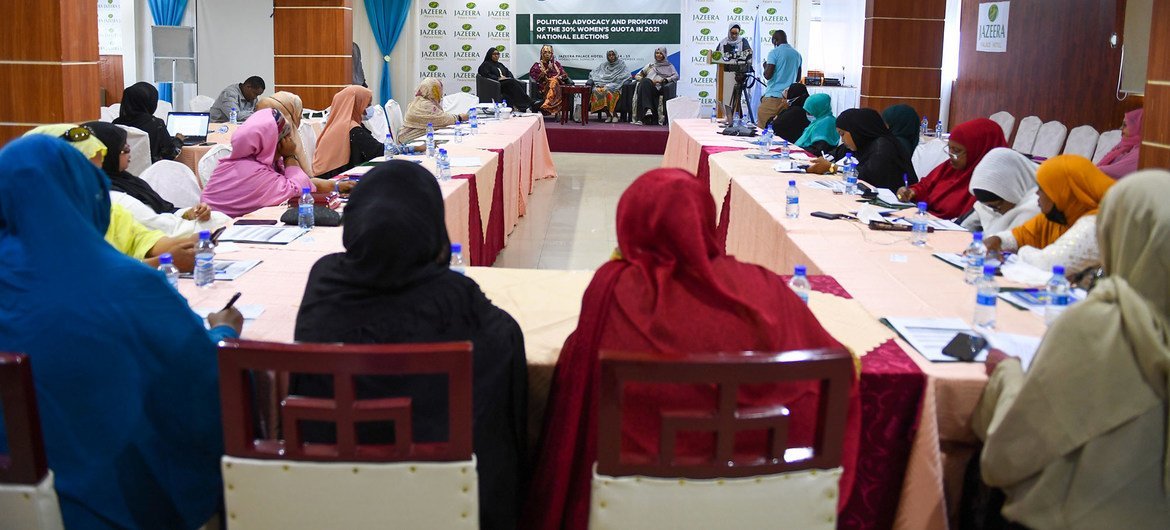Women represented in all parliaments of the world. It’s the first time

The Inter-Parliamentary Union (IPU) declared on Friday, 3 March 2023 that, for the first time, women are present in all parliaments of the world and that their participation today is much more diverse than in the past.
These results involve 47 countries, which held parliamentary elections last year: in these seats women won an average of 25.8% of the available seats, an increase of 2.3 percentage points compared to the last elections.
Not only good news:
- this is the smallest increase in women's participation in six years, an increase of only 0.4% over the last analysis;
- the other bad news is that, at this rate, it will take another 80 years to achieve gender parity in parliament.
- Women premiers resign soon: the IPU chief referred to the resignation of New Zealand and Scottish premiers Jacinda Ardern and Nicola Sturgeon, stating that it is widely believed that they resigned after experiencing harassment.
Indeed, the perpetration of sexist, harassing and violent behaviour towards women inhibits their participation in national political processes.
Lesia Vasylenko, President of the UIP Office of Women MPs, said that each elected woman 'brings parliaments one step closer to becoming more inclusive and representative and it is good to see greater diversity'.
UIP President Duarte Pacheco called on male colleagues in parliaments around the world to "work with their female counterparts to advance and accelerate the pace of change".
Towards greater inclusiveness
- In Brazil, a record 4,829 black women stood for election, out of a total of almost 27,000 nominations.
- In the United States, a record 263 women of colour stood for election in the Congressional mid-term elections.
- In Colombia, LGBTQI+ representation tripled from two to six members of Congress.
- In France, 32 minority candidates were elected to the new National Assembly, an all-time high of 5.8% of the total.
- Rwanda holds the top spot, with women occupying just over 60% of the parliamentary seats in the lower house. However, even here, women occupy only 34.6% of the seats in the upper chamber.

